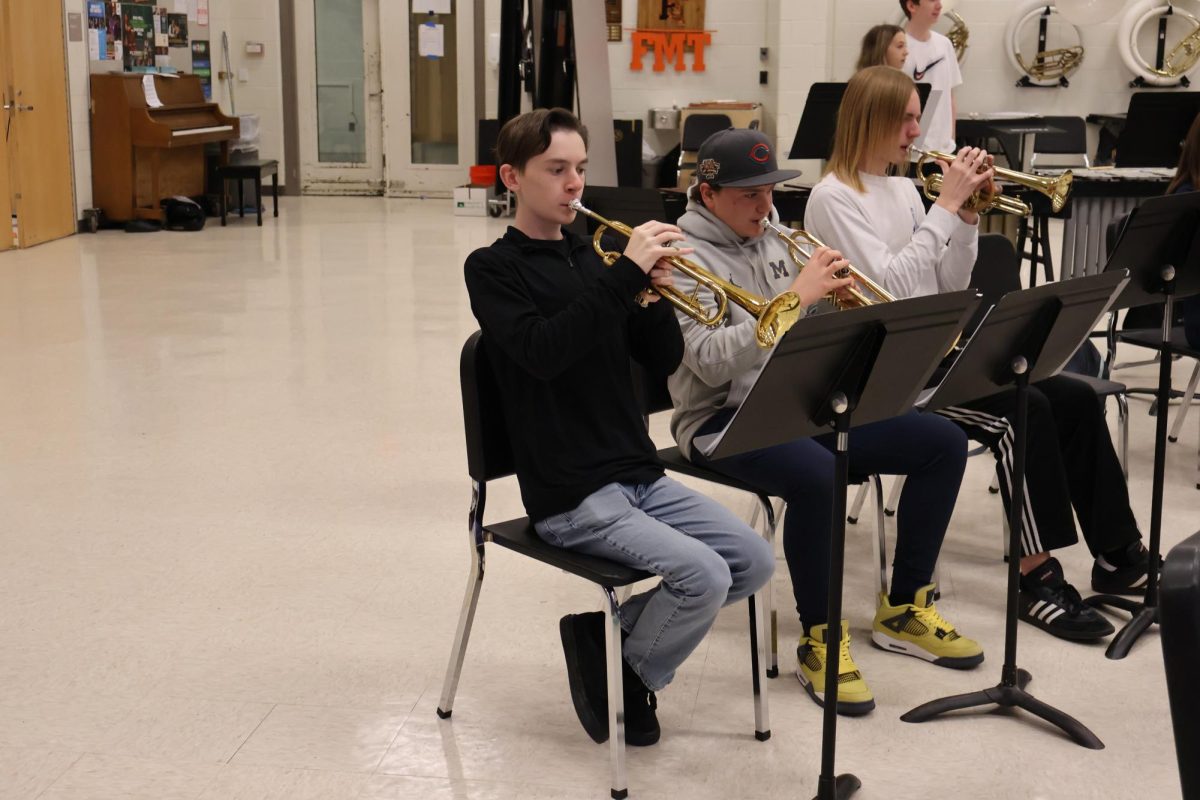All-year schooling isn’t an effective way to improve student’s scholastic performance
October 11, 2017
With growing student populations and a lack of funding, school districts across the state of Michigan have switched to a year-round educational program, in which schools receive several breaks throughout the course of a school year as opposed to the traditional summer vacation. Districts such as Davison Public Schools and Ypsilanti Community Schools have made the transition to a year-round calendar, and many others are beginning to follow suit, starting a trend of schools who have deviated from the traditional school year calendar.
During a year-round school program, students go to school for six to nine weeks uninterrupted and then have a two week vacation, repeating the pattern throughout the year. It isn’t effective to get students ready and prepared to learn for an extended period of time and then send the students home for multiple weeks.
Another complication for year-round school is that teenagers won’t be able to get summer jobs. Most teens depend on their summer job money in order to save up money for buying a car or putting towards college. Without opportunity for summer employment, teenagers won’t be able to get any real world experience working at a job, especially if they’re limited on the number of hours they can work during a school week.
Additionally, the school will be spending more money on air conditioning and paying for utilities. With utilities budgets increasing, the average cost of utilities for year-round schools is $44,816 compared to the traditional schooling budget of $40,578, according to the California Department of Education. With this increased utitilities spending, budgets for things like sports and clubs would decrease. When schools start to cut their budgets for after school activities, they’ll lose the attendance of student athletes, with many wanting to attend other schools where they can utilize their athletic program.
Another problem with year-round schooling is there hasn’t been any concrete evidence that proves it’s more beneficial to students’ learning than schools with summer break. Only 10 percent of public schools in the US go year-round, so why change the school system if it has positively been working for hundreds of years?
Year-round schooling shouldn’t replace the current system because there is enough substantiating evidence that it has anything, other than negative aspects, to offer. If something isn’t broken, don’t bother fixing it. The cons of year-round schooling are too costly for students and parents alike.







